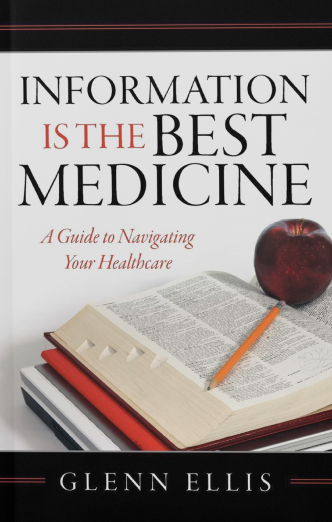Recently, the parents and family of Jahi McMath, the 13-year old brain dead girl at the center of controversy, received an award from the Terri Schiavo Foundation, honoring their ‘courage and perseverance”.
Five physicians, two from the hospital and three independent doctors requested by the family, have declared the girl to be brain-dead, Catholic News Agency reported. The doctors have said the girl is unable to breathe on her own, and other tests show that there is no blood flow to her brain and no signs of electrical activity.
According to published reports, Two medical ethicists, a neurologist and a lawyer specializing in end-of-life issues all expressed dismay at the award, saying that it ignores reality, will confuse the public, and attempts to turn back what has been accepted by every state and the Vatican – that brain death is death.”
By definition, “brain death” is “when the entire brain, including the brain stem, has irreversibly lost all function.

Like these experts, I too, am highly concerned about the terrible message this gesture sends to the community at large; particularly African Americans.
Granted, it didn’t help with the poor handling of the hospital’s response to the family’s inability to accept that Jahi was dead. “No amount of prayer, no amount of hope, no amount of any type of medical procedure will bring her back,” according to a spokesperson for the hospital. Not only was this a typical example of Cultural Incompetence; but also it was the beginning of the collision between Medicine; Culture; and Religion.
In less than 2 weeks, the family received over $50,000 from over 1,300 well-wishers, all “praying” for Jahi’s recovery.
With a history of mistrust and mistreatment in the medical system throughout American history, the last thing we need is the reinforce suspicions and conspiracy issues in Black folks around end-of-life issues, raising doubts about the definition of death in this technologically advanced age.
Due to the continual medical advancements, there will be more and more patients who are being maintained by ventilation support systems – their body temperature, blood pressure, pulse, nutrition and fluid requirements are being artificially maintained, but they have a non-viable (dead) brain. These patients are brain dead without any hope of recovery or survival.
Without the brain, the body does not secrete important hormones needed to keep biological processes – including gastric, kidney and immune functions — running for periods longer than about a week. For example, thyroid hormone is important for regulating body metabolism, and vasopressin is needed for the kidneys to retain water.
Brain death differs from other states of unconsciousness in important ways. For example, coma is similar to deep sleep, except that no amount of external stimuli can prompt the brain to become awake and alert. However, the person is alive and recovery is possible. Brain death is often confused with a persistent vegetative state, but these conditions are not the same either. A persistent vegetative state means the person has lost higher brain functions, but their undamaged brain stem still allows essential functions like heart rate and respiration to continue. A person in a vegetative state is alive and may recover to some degree, given time. Brain death means the person has died.
There is very little research on just how long the body of a brain-dead person can be maintained. The discussion of brain death dates back to the 1950s in France with six patients who were kept “alive” for between two and 26 days without blood flow to the brain. This generated the idea that “perhaps there’s a second way to die, because these patients will eventually die. Previously, a person was considered dead only when their heartbeat and breathing stopped.
Some of the signs of brain death include:
• The pupils don’t respond to light.
• The person shows no reaction to pain.
• The eyes don’t blink when the eye surface is touched (corneal reflex).
• The eyes don’t move when the head is moved (oculocephalic reflex).
• The eyes don’t move when ice water is poured into the ear (oculo-vestibular reflex).
• There is no gagging reflex when the back of the throat is touched.
• The person doesn’t breathe when the ventilator is switched off.
• An electroencephalogram test shows no brain activity at all.
One last point to keep in mind: In some cases, a person who is brain dead may be a candidate for organ donation.
In some cases, a person who is brain dead may be a candidate for organ donation. If the person was a registered organ donor, or if their family knew of their wish to be an organ donor, their death is declared but the ventilator is left on. Drugs that help preserve the internal organs are still given. The dead person then undergoes an operation to remove viable organs such as kidneys. After the operation is complete, the ventilator is switched off.
But most importantly, understand that Brain Dead is Dead. Make sure you have your Advance Directive in order.
While it can be difficult to craft an advance directive for medical needs that covers a wide range of scenarios and circumstances, certain guidelines are helpful:
Remember, I’m not a doctor, I just sound like one.
Take good care of yourself, and live the best life possible!
